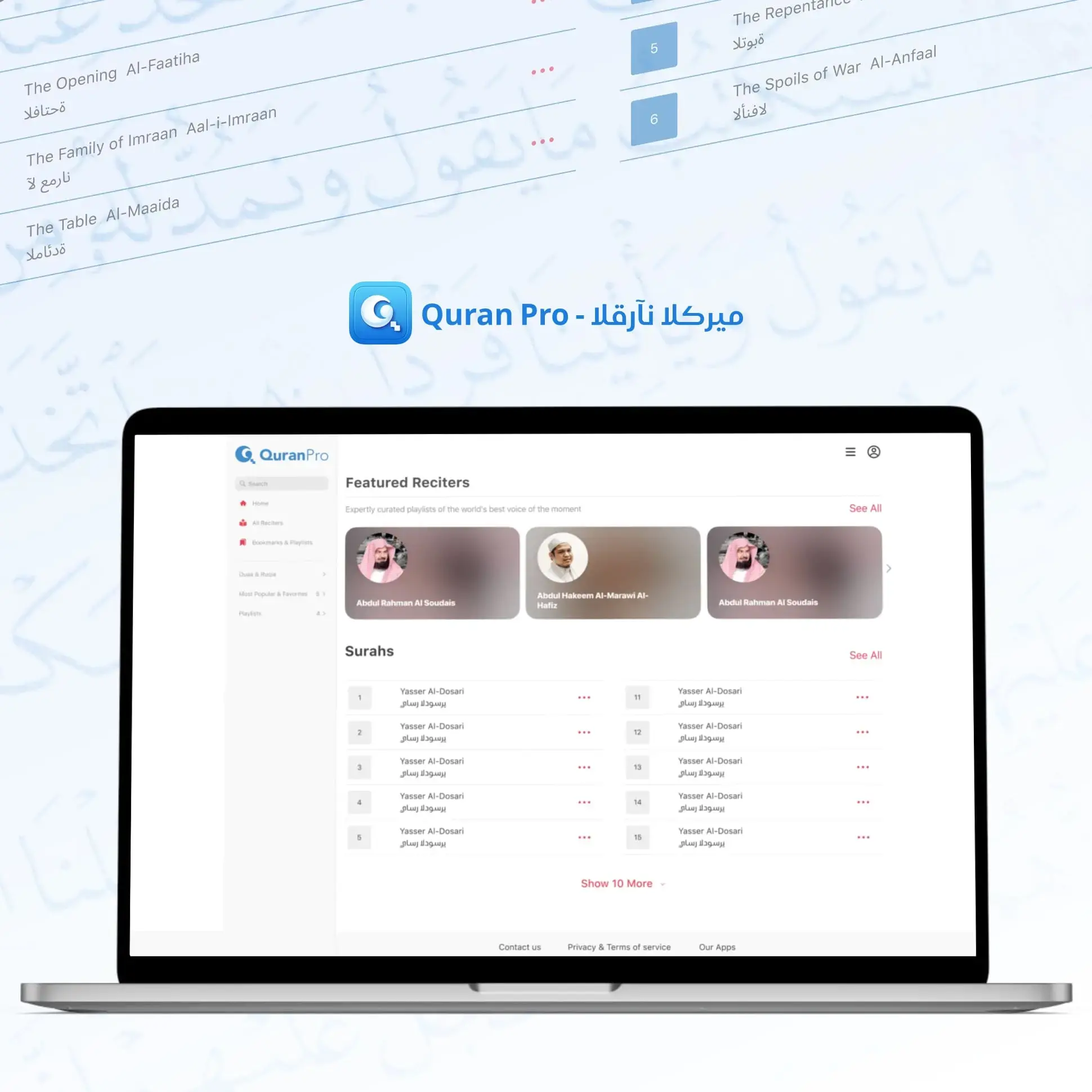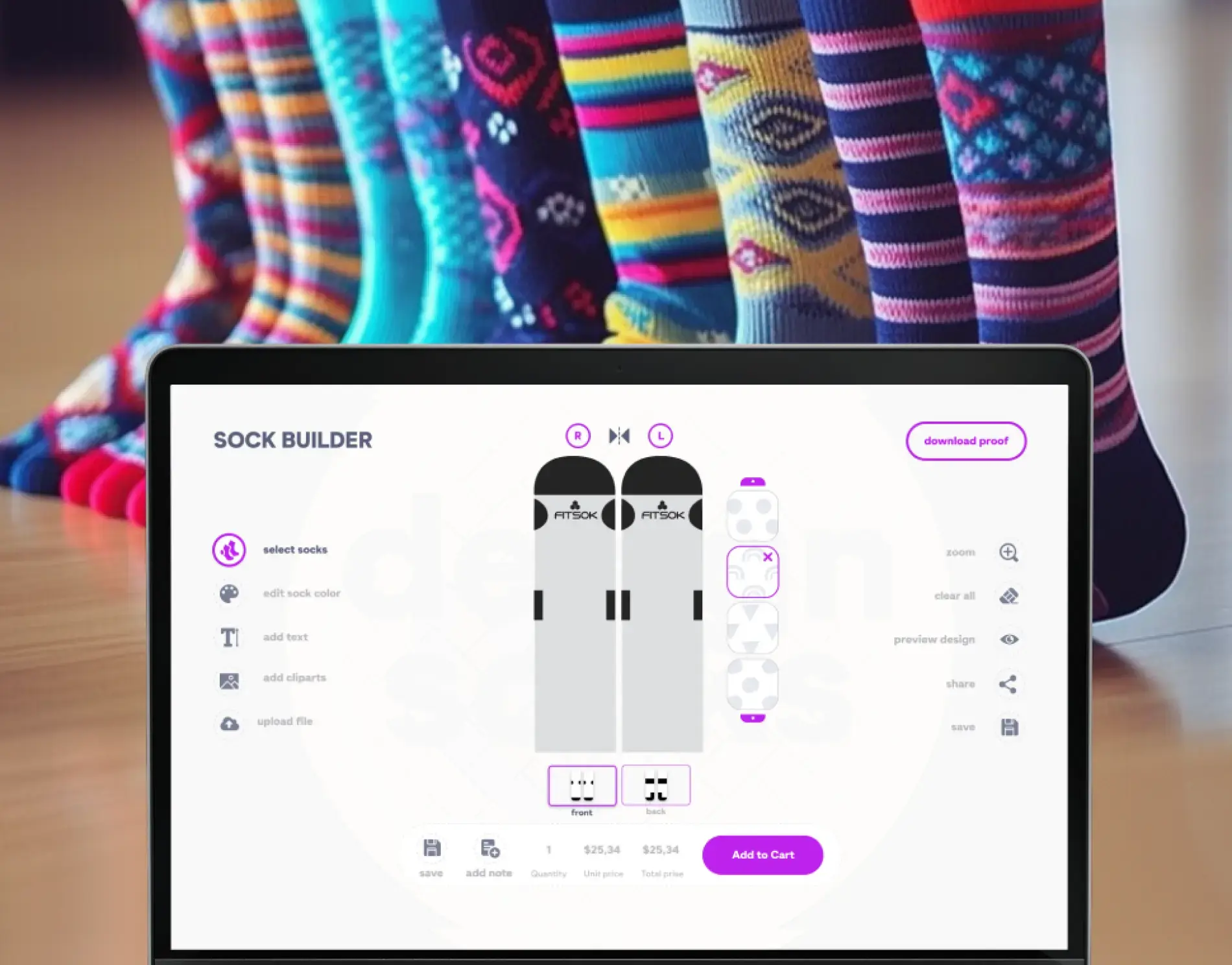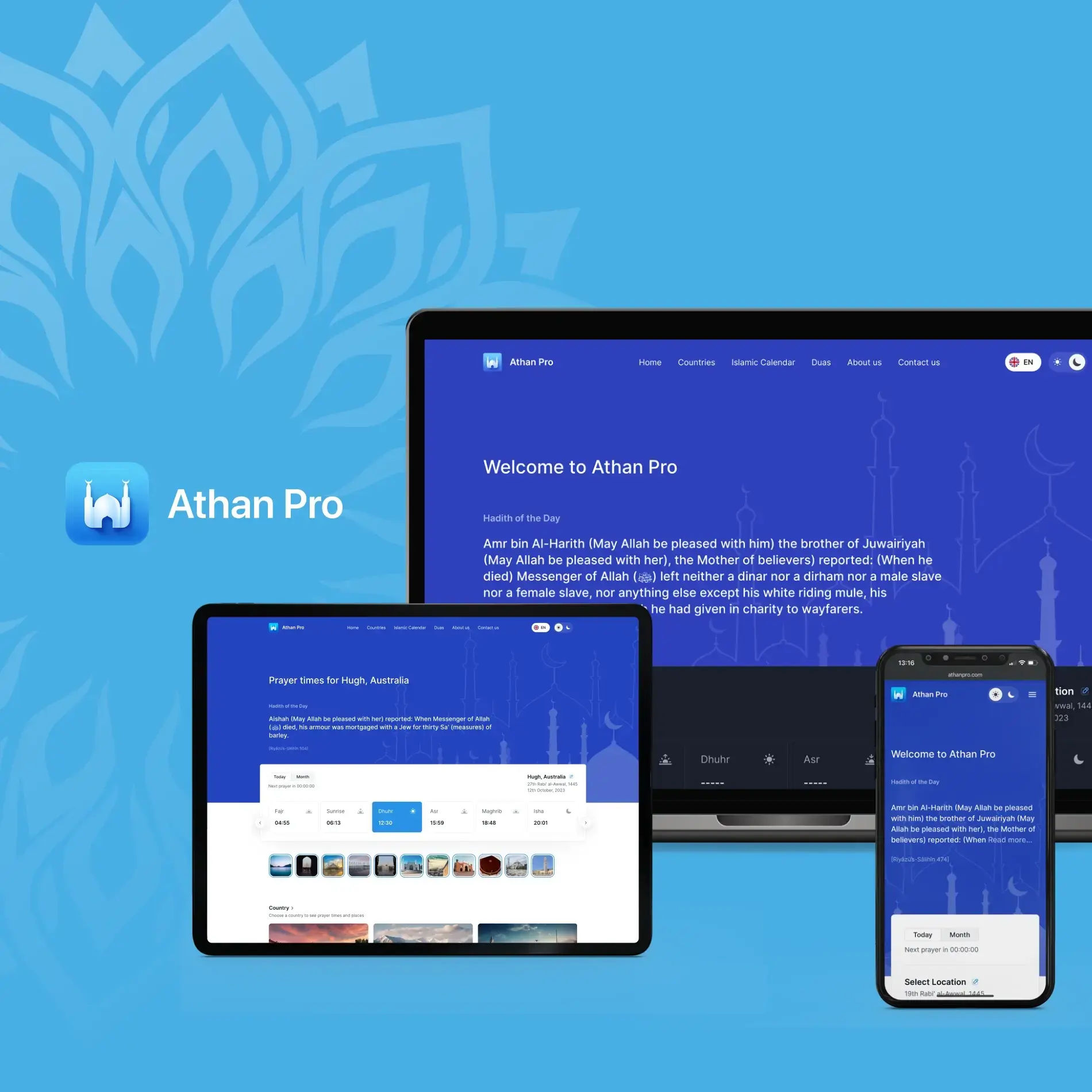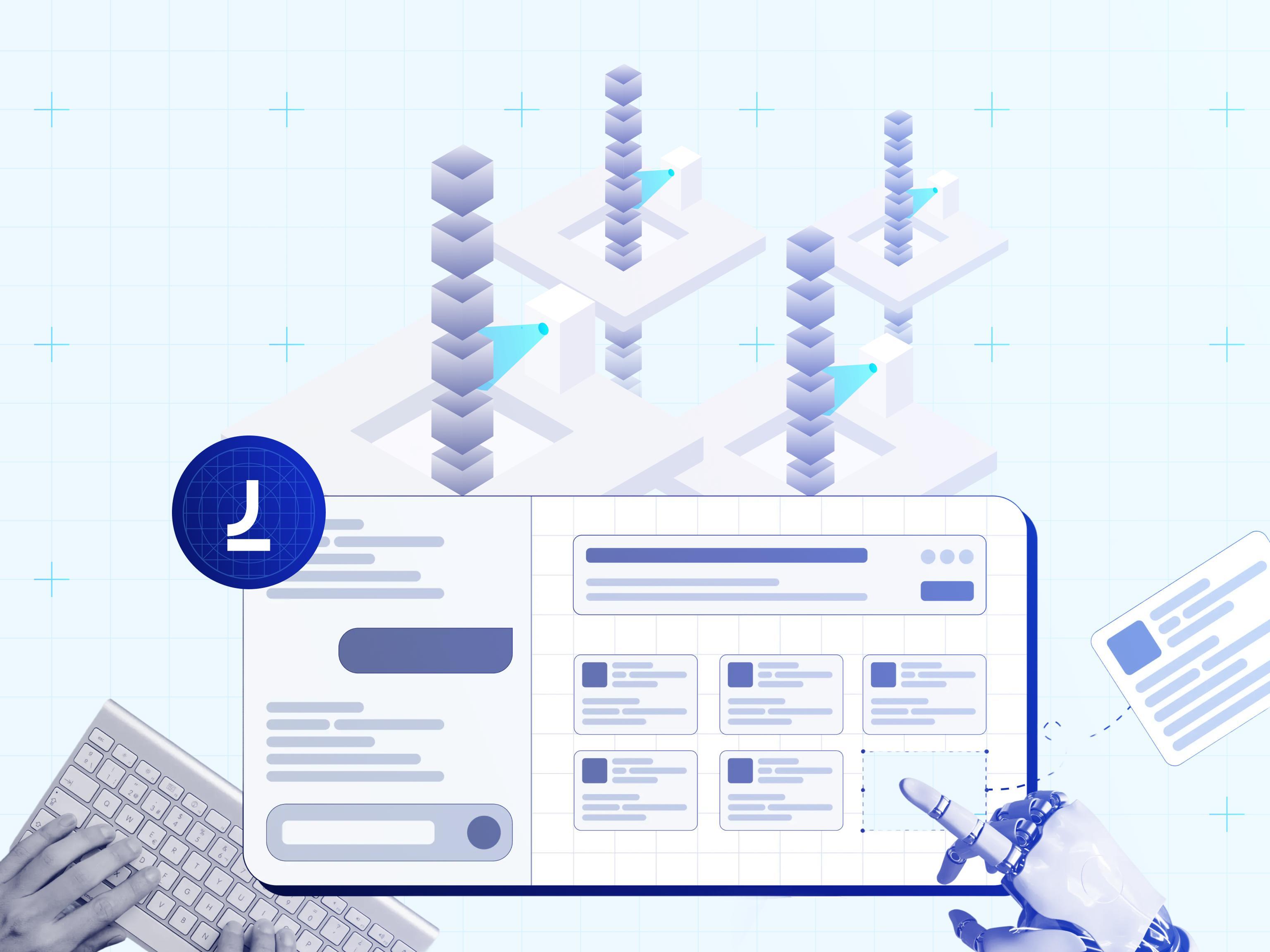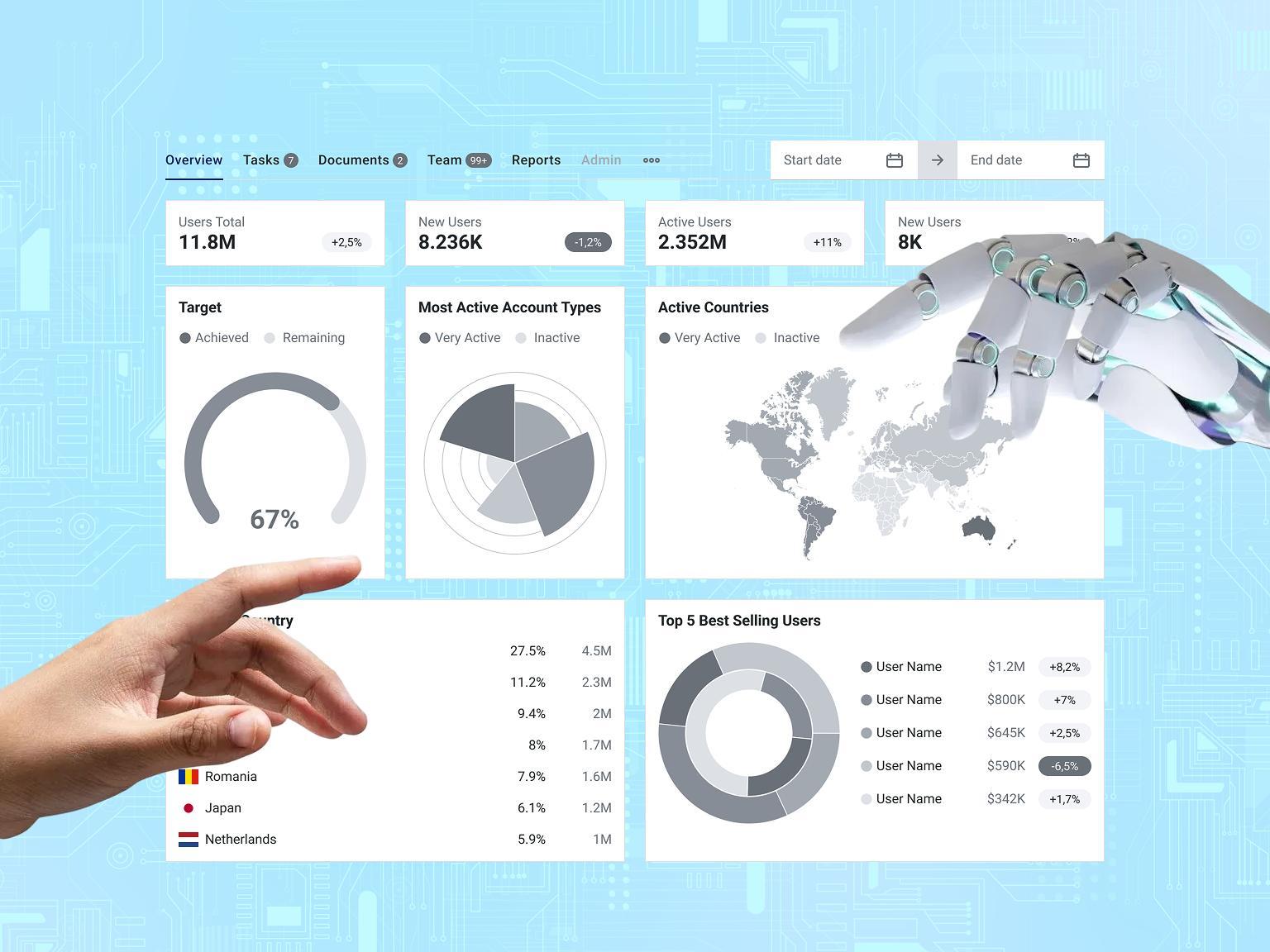In the intricate world of programming languages, choosing the right one can mean the difference between a good project and a great one. Two significant contenders in this arena are Java and Ruby on Rails, each with its unique strengths and suitability for different projects. At JetBase, we have utilized the power of both these languages in various applications, helping our clients create high-performing and efficient software. This article explores the key differences and similarities between Java and Ruby on Rails, with the aim of providing clarity for your project's technical requirements.
A Brief History
Java was developed by James Gosling at Sun Microsystems (now owned by Oracle) and released in 1995. It was designed to be a "write once, run anywhere" language, providing developers the freedom to write code that would run on any device. This philosophy has helped Java become one of the most popular languages in the world, used in everything from web servers to Android applications.
Ruby was designed and developed by Yukihiro "Matz" Matsumoto and released in 1995. Matsumoto wanted to make programming more enjoyable and fun, and this ethos is reflected in Ruby's flexible and intuitive syntax. Ruby gained significant popularity with the release of the Rails framework in 2005, which provided a fast and efficient way to build web applications.

Java and Ruby Differences
As we dive into the core of our discussion, it's essential to understand the difference between Java and Ruby:
Syntax
Java and Ruby have fundamentally different syntax that shapes the way developers write and understand code.
Java's syntax is more rigid and explicit. It enforces clear declaration of variable types, leading to longer but more straightforward code. This meticulousness can significantly reduce bugs caused by type mismatch and contribute to a stable, high-performing application.
Ruby, in contrast, offers a flexible and intuitive syntax. It allows for implicit typing and boasts command phrases that closely resemble natural language, enhancing the readability and maintainability of the code. This syntax simplicity encourages faster development, making Ruby a favorite for rapid application development.
Performance
When it comes to Ruby vs Java performance, Java typically has the upper hand. Known for its speed and efficiency, it's a go-to choice for high-performance applications and large systems. Java's performance capabilities have made it a standard for enterprise-grade applications where robustness and scalability are non-negotiable.
On the other side, Ruby, when used with the Rails framework, accelerates the development process, emphasizing rapid prototyping and agile development. Although it may not match Java in terms of raw performance, Ruby on Rails offers speed in a different aspect – development speed.
Learning Curve
Understanding the learning curve associated with Java vs Ruby on rails can help project managers anticipate onboarding times and training needs.
Java's static typing and verbose syntax can present a steeper learning curve for beginners. However, it's one of the most taught languages in computer science curriculums worldwide, meaning many developers will have some familiarity with it.
Conversely, Ruby, with its English-like syntax, is often considered more beginner-friendly. But while it's easier to write simple scripts in Ruby, mastering Ruby on Rails and fully understanding its 'magic' may take time.

Java and Ruby Similarities
Object-Oriented Programming
Java and Ruby, despite their differences, share a common foundational principle – object-oriented programming (OOP). In both languages, developers use classes and objects to structure their code, leading to more reusable and maintainable applications. They also support the principles of inheritance, polymorphism, and encapsulation that are integral to OOP.
Exception Handling
Both Java and Ruby also support exception handling, a mechanism that manages errors and exceptions during program execution. This feature ensures that your application can anticipate and gracefully handle unexpected situations, enhancing its resilience and reliability.
Vibrant Community and Frameworks
The strength of a programming language often lies in its community and the availability of ready-to-use tools and libraries. Both Java and Ruby have active, supportive communities that offer a wealth of resources, tutorials, and libraries to assist developers.
Furthermore, both languages have powerful frameworks that simplify the development process. Java boasts frameworks such as Spring, which accelerates enterprise-grade application development. Ruby on Rails, a framework that streamlines web application development with its convention over configuration approach. At JetBase, we have experience with both these languages and their frameworks, providing us with the tools to create robust and high-performing applications for our clients. Understanding these key differences and similarities allows us to choose the right tool for the job, a critical step in software development.
Ruby vs Java – Comparison Table
| Feature | Java | Ruby |
|---|---|---|
| Typing | Static | Dynamic |
| Syntax | Strict, explicit | Flexible, implicit |
| Performance | High performance, optimal for large systems | Moderate performance, optimal for rapid development |
| Development Speed | Typically slower due to explicit typing and longer code | Faster due to simple and intuitive syntax |
| Best Use Case | Enterprise-grade applications, Android apps, Big Data solutions | Web applications, rapid prototyping, startups |
| Frameworks | Spring, Hibernate, Struts, etc. | Rails, Sinatra, Hanami, etc. |
| Community Support | Large and active, lots of open-source libraries | Large and active, numerous open-source 'gems' |
| Exception Handling | Comprehensive exception handling mechanism | Comprehensive exception handling mechanism |
| Object-Oriented Programming | Fully supports OOP principles | Fully supports OOP principles |
| Learning Curve | Steeper, owing to complex syntax | Easier, owing to simple and intuitive syntax |
| Scalability | High scalability, suitable for large systems | Moderate scalability, suitable for web applications |
Which Technology to Choose for a Specific Project?
The decision to choose between Java and Ruby (or Ruby on Rails) can hinge on several factors. Understanding your project's unique needs, constraints, and future growth expectations is crucial for this decision-making process. Here's a more detailed view of when each technology might be the most appropriate:
Enterprise-Level Projects
For enterprise-level projects that require scalability, robustness, and high performance, Java is typically the preferred choice. Its static typing system and robust framework options, like Spring or Hibernate, allow for the creation of large, complex systems that can handle heavy traffic and data processing. Java's performance advantages make it ideal for building high-performance computing systems, such as those used in Big Data analytics, financial services, or large-scale e-commerce platforms.
In enterprise environments, where there's a need for long-term maintainability and complex business logic, Java’s explicitness can be a boon. Its verbose syntax might mean more keystrokes, but it also tends to result in fewer bugs and more maintainable code. Moreover, Java has a vast ecosystem of libraries and frameworks that can help speed up development and add functionality, reducing the need to reinvent the wheel.
Rapid Prototyping and Web Development
On the other hand, Ruby on Rails shines in projects where rapid prototyping and speedy development cycles are needed. Its convention over configuration philosophy, coupled with an elegant, readable syntax, allows developers to build web applications swiftly without compromising on quality. The Rails framework has built-in functionalities for many common web application features, like user authentication and database management, which can significantly reduce the time-to-market.
Ruby on Rails is particularly popular among startups and small to midsize projects, where agility and quick responses to change are valued. The language's simplicity and readability make it easy to onboard new developers, and the supportive community offers a wealth of open-source 'gems' to extend functionality.
Cross-Functional Projects
In some cases, you might find that a combination of both could serve your needs. For example, you could use Java for creating heavy-duty back-end processing systems, while leveraging Ruby on Rails' agility for the user-facing web application part. This way, you harness the strengths of both languages where they serve best.
In conclusion, the choice between Java and Ruby on Rails is not an absolute. It varies depending on the specific demands of your project, including factors like the project's size, scope, expected traffic, performance requirements, and the team's expertise.
At JetBase, we understand this well and have the experience and expertise to help guide our clients in making the best decision for their specific project needs. Our ultimate goal is to ensure the technology serves the project, not the other way around.

When to Use Java and Ruby?
The choice of a programming language should be driven by the specific needs and goals of your project. Here is a more detailed breakdown of scenarios where each language may be more suitable:
When to Use Java?
Java, with its high performance and scalability, is typically chosen for large enterprise applications. Here are some scenarios where you might want to choose Java:
Enterprise-Level Applications:
Java's robustness and scalability make it a suitable choice for building large, complex systems such as banking applications or supply chain management systems. The enterprise-level security and stability offered by Java make it a choice in industries where these factors are non-negotiable.
Android App Development:
Java is one of the official languages for Android app development. If you're planning to build an Android app, using Java can provide you with robust tools and libraries specifically designed for this platform.
Big Data Solutions:
Java's high performance and efficient memory management make it ideal for Big Data applications. It can handle processing large datasets and perform complex computations without sacrificing performance.
Web Applications:
While Ruby on Rails is often the go-to for web application development, Java is not to be overlooked. Frameworks like Spring make it possible to build secure, robust web applications with Java.
When Performance is Critical:
When you are building applications where performance is a critical factor, such as trading systems or real-time bidding systems, Java's speed and efficiency are beneficial.
When to Use Ruby?
Ruby and particularly Ruby on Rails, are often chosen when speed and agility are essential. Here are some cases where you might want to choose Ruby:
Rapid Prototyping:
Ruby's simplicity and Rails' convention over configuration principle allow for rapid development and prototyping. If you need to quickly build and iterate on a product, Ruby on Rails can be a great choice.
Web Applications:
Ruby on Rails is a widely used framework for building web applications. Its out-of-the-box features for things like database management and user authentication can significantly speed up development.
Startups and Small Projects:
Given its speed and simplicity, Ruby on Rails is a popular choice among startups and smaller-scale projects. It allows for fast development cycles and is easy to pick up for new developers.
When Readability and Maintainability Matter:
Ruby's clean, readable syntax makes maintaining and updating code much simpler. If you're working on a project where multiple developers need to understand and collaborate on the codebase, Ruby is a good choice.
At the end of the day, the choice between Ruby and Java comes down to your specific project requirements and your team's expertise. Both languages have their strengths and are capable of building robust, high-quality applications.
Conclusion
In the end, the choice between Java and Ruby (or Ruby on Rails) depends on your project's unique requirements and constraints. Both languages offer their strengths and have proven their worth in numerous successful projects. The decision comes down to understanding your project needs and how each language can serve those needs. At JetBase, we are dedicated to helping you make this critical decision, providing the expertise and support needed to ensure your project's success. Remember, the right tools in the right hands can turn any vision into reality.




